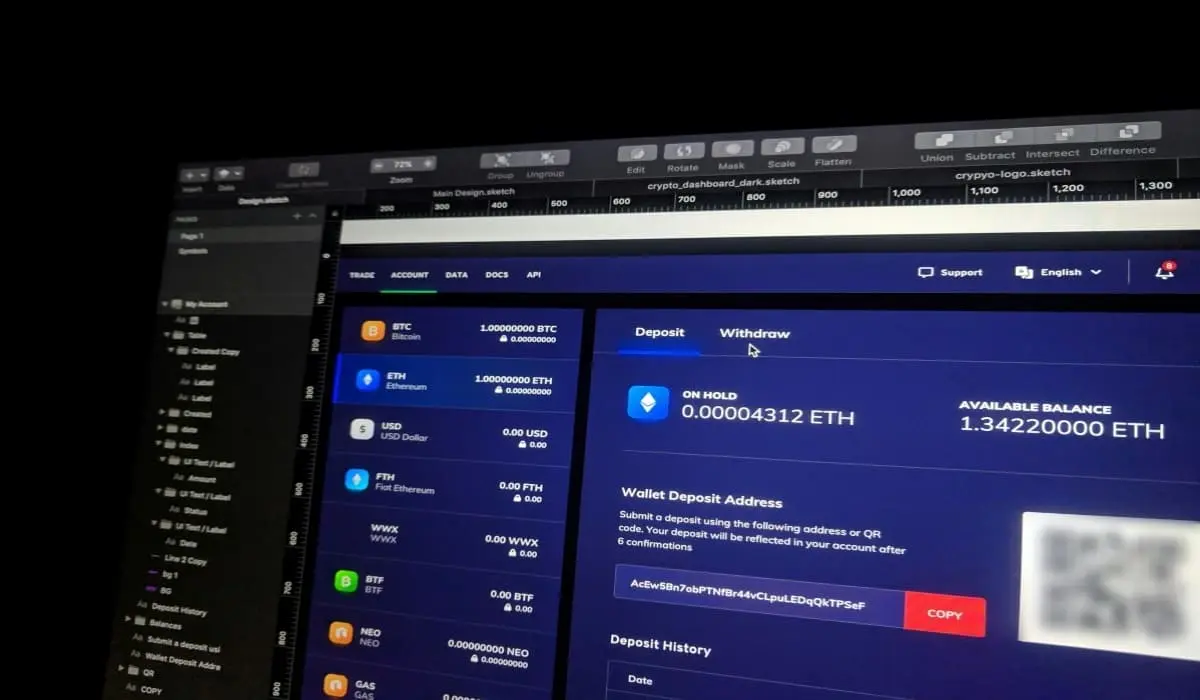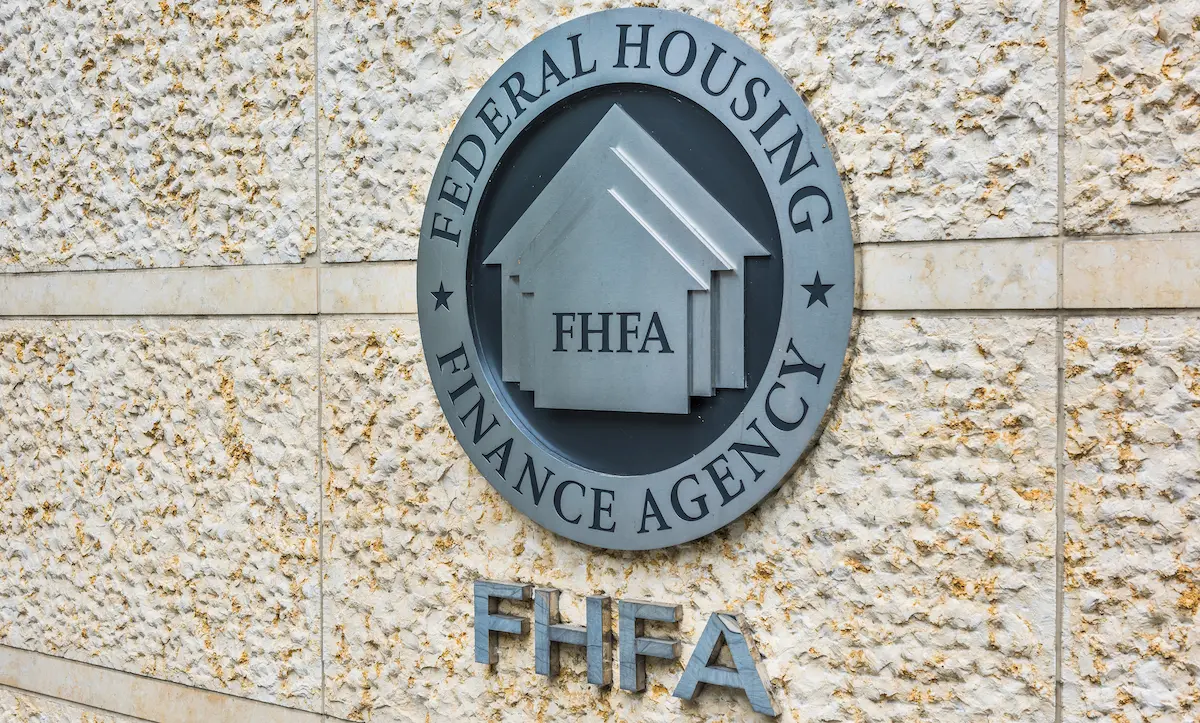CFTC Enforcement Actions Slow Down in 2025: Impact and Future Prospects
In 2025, CFTC enforcement actions have slowed significantly, affecting regulatory dynamics and financial markets. Discover the implications.
Page views: 2

In recent years, the Commodity Futures Trading Commission (CFTC) has been at the forefront of regulating the derivatives markets, ensuring transparency, and maintaining integrity in the financial sector. However, 2025 has marked a noticeable shift in the CFTC's enforcement actions, with a significant slowdown that many industry experts and market participants are keenly observing.
The drastic reduction in enforcement activities by the CFTC raises several questions regarding the future of regulatory oversight in the derivatives market. Historically, the CFTC has played a critical role in policing market activities and deterring fraudulent behavior through robust enforcement measures. These actions have not only protected investors but have also fostered trust in the financial markets.
One potential cause for the decline in enforcement actions could be resource constraints. The CFTC, like many regulatory bodies, often faces budgetary and staffing challenges that can impact its ability to pursue complex investigations. Additionally, shifting policy priorities might have redirected focus toward other regulatory areas, resulting in fewer enforcement actions.
The slowdown in CFTC enforcement actions in 2025 could have broader implications for market dynamics. Reduced regulatory scrutiny might embolden some market participants to engage in riskier or less transparent practices, potentially increasing the likelihood of market manipulation or fraud. Consequently, this could undermine investor confidence, which is crucial for the stability and growth of financial markets.
Market participants and stakeholders are now left to ponder the future trajectory of the CFTC's enforcement strategy. Will this slowdown be a temporary phase, or does it signal a long-term shift in regulatory priorities? The answers to these questions will have significant implications for the market's regulatory landscape and its overall health.
In conclusion, the marked slowdown in CFTC enforcement actions in 2025 is a development that warrants close attention. As the financial sector continues to evolve, maintaining a balance between effective regulation and market freedom will be paramount. Stakeholders, investors, and policymakers must collaborate to ensure that the CFTC remains a robust guardian of market integrity in these changing times.
Published on: September 23, 2025, 12:02 pm



